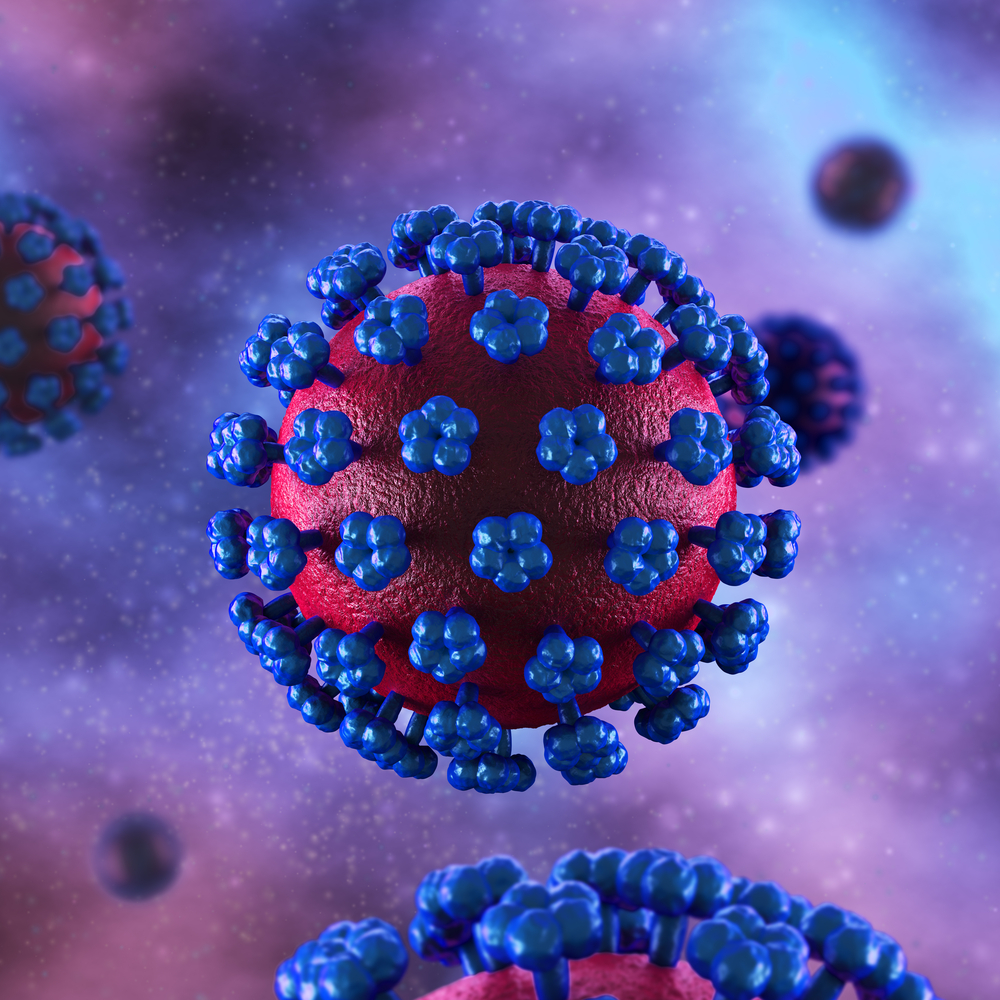
Tulane University was recently awarded $12 million from the National Institutes of Health (NIH) to test a potential new drug treatment against the Lassa virus and to develop a vaccine candidate against the disease.
The awards were issued through NIH’s National Institute of Allergy and Infectious Diseases (NIAID) and were split into two, five year grants to support preclinical research. The first grant, worth $5.72 million, will support the evaluation of an antibody drug combination while the second grant, worth $6.32 million, will go towards designing a Lassa virus vaccine.
According to Tulane, the vaccine will test antibodies that target a recently-identified surface structure called the surface glycoprotein. A similar approach is being taken in clinical trials against the Ebola virus.
The second project will examine three different Lassa antibodies in order to determine which combination would be most effective for a drug therapy. Tulane virologists James Robinson and Robert Garry, the University of Texas Medical Branch at Galveston, the Scripps Research Institute and the Sanford Burnham Prebys Medical Discovery Institute will all collaborate on the testing.
“These two projects complement each other,” Garry said. “In West Africa, we need a drug to treat acutely infected patients as well as a preventative measure to stop it. Vaccine initiatives in rural Africa are difficult so you are never going to be able to vaccinate everyone. You need to be able to treat people when they get sick.”
The Lassa virus is a viral hemorrhagic fever with symptoms that include vomiting, muscle pains, fever, and bleeding from the gastrointestinal tract. Approximately 400,000 people per year will contract the disease, around 5,000 of which will succumb to Lassa’s lethal effects.




